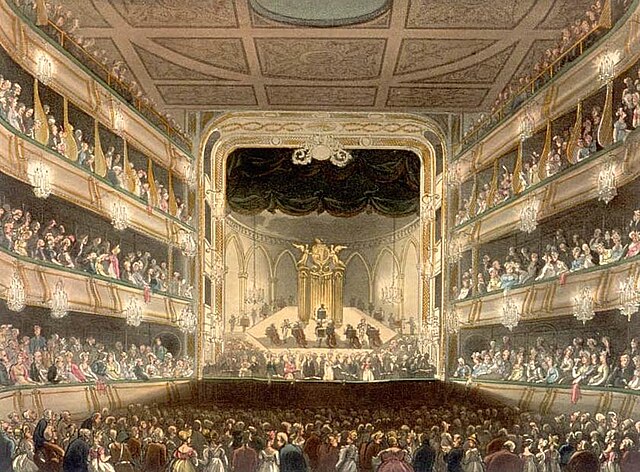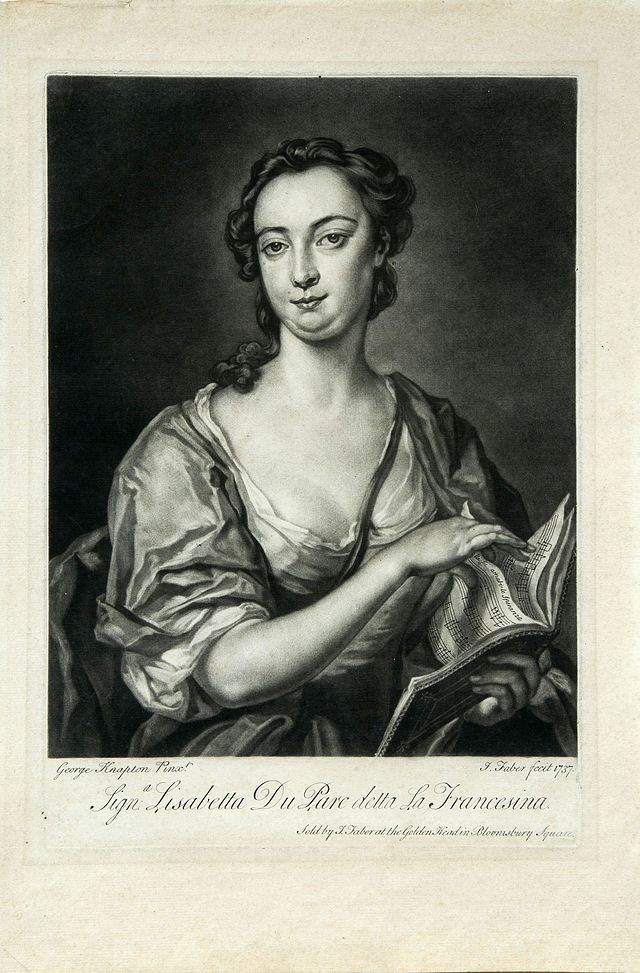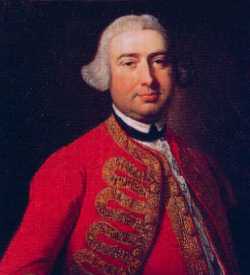Loading AI tools
1746 oratorio by George Frideric Handel From Wikipedia, the free encyclopedia
An Occasional Oratorio (HWV 62) is an oratorio by George Frideric Handel, based upon a libretto by Newburgh Hamilton after the poetry of John Milton and Edmund Spenser. The work was written in the midst of the Jacobite rising of 1745–1746, the attempt to overthrow Handel's patrons – the Hanoverian monarchy under George II – and replace them with a Stuart restoration under Charles Edward Stuart, "Bonnie Prince Charlie". The Occasional Oratorio is unique among Handel's works which he labelled "oratorio" in that it does not tell a story or contain elements of a drama, but was intended as a defiant and patriotic rallying piece.[1]

The Stuart armies, based in Scotland, had invaded England and got as far as Derby when the King's armies, under the command of his son Prince William, Duke of Cumberland, had driven them back to Scotland in December 1745. The fighting was at a hiatus due to winter weather and the Duke of Cumberland was in London in February 1746.[2]
Handel composed the Occasional Oratorio hastily in January and February 1746, borrowing and re-arranging some movements from previous compositions, and premiered it immediately on 14 February 1746 with Willem de Fesch, Élisabeth Duparc, Elisabetta de Gambarini, John Beard, and Thomas Reinhold at Covent Garden Theatre. It contains 44 movements split over three parts. Part One, generally speaking, concerns the miseries of war and the vengeance of a wrathful God, Part Two the blessings of peace, and Part Three a thanksgiving for victory.[1] This was felt at the time by some to be premature as the rebels had not yet been defeated, Charles Jennens, Handel's friend and collaborator who wrote the text for Saul and others of Handel's oratorios, called the piece "a triumph for a victory not yet gained."[2] The festive four-part overture, with trumpets and drums, is sometimes performed separately.[3] The famous chorus "Prepare the Hymn" (a paraphrase of Psalm 81:1-2) is the 26th movement and appears in the second part as 2.10. Aria, Chorus: "To God, our strength, sing loud". The second minuet from the Music for the Royal Fireworks was reused from this oratorio.[4] Handel's coronation anthem Zadok the Priest was also reused as the finale to the oratorio, but without the second movement "And all the people rejoic'd".

PART II

PART III

Seamless Wikipedia browsing. On steroids.
Every time you click a link to Wikipedia, Wiktionary or Wikiquote in your browser's search results, it will show the modern Wikiwand interface.
Wikiwand extension is a five stars, simple, with minimum permission required to keep your browsing private, safe and transparent.